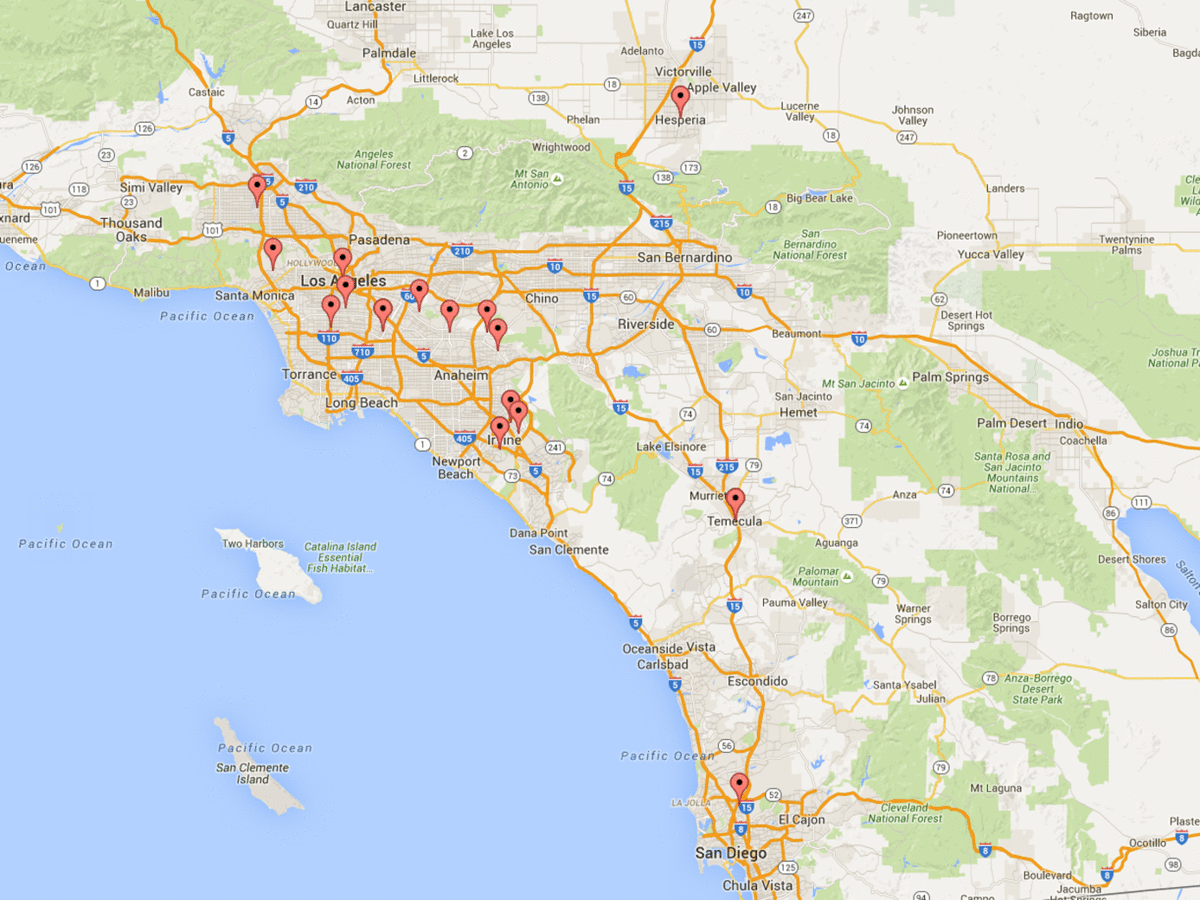This is part one of a series of six posts on how to create a mathematics teacher specialist network. Find the entire series here.
Have you ever realized that some of your favorite conference moments happen before and after the presentations you attend when you’re chatting with your friends? The collective knowledge and experience of a group a math educators is robust, diverse, and is extremely useful in doing your job. The same thing happens at school sites where teachers meet with their colleagues and brainstorm. Unfortunately, that doesn’t often happen for math teacher specialists.
Math teachers specialists may go by a variety of titles including teacher on special assignment, TOSA, coach, or coordinator but their jobs are always to support math teachers. The problem though is that many school districts only have one or two teacher specialists. These educators have few to no people to collaborate with yet are expected to be experts in all aspects of their field. It’s often a lonely job and opportunities to network, grow relationships, and make new connections with colleagues in similar positions are lacking.
This is why having a math teacher specialist network is critical for success, and this series of blog posts will help you create your own. First, let me tell you about the network I am a part of.
The Southern California Math Teacher Specialist Network is a collection of over 170 teacher specialists from five counties in Southern California. In terms of grade bands, 55% of members identify as working with secondary teachers, 34% elementary teachers, and 11% all grade levels. We collaborate together electronically and in person at meetings every other month. Members include teacher specialists from county offices of education, school districts, and school sites as well as directors of curriculum & instruction and university researchers.
We started in November 2013 and have grown significantly since then. The animated image below shows the group’s growth on a roughly month to month basis. Click on the image for a larger version. Each pin represents a new organization joining the group, not a specific member. So, one pin often represents multiple teacher specialists from the same organization.

I often joke that the group is equal parts professional development and group therapy, but I’m not alone in this belief. So, I’ll end with four members’ responses to the question, “How has being part of this group benefited you? ”
- The major benefit I have received from being a part of this group is the relationships that have formed and the networking opportunities. This job tends to be very isolated, and to have the time and the space to work with like-minded people who are doing the same job is extremely valuable.
- Connecting with other math specialists has been a great way to learn about practices, resources, and ideas happening in neighboring districts. Learning what other districts are doing allows me to bring back those valuable insights to my district and the teachers I support. Furthermore, it’s a great way to share the successes and challenges my district and teachers are experiencing.
- It’s therapy for me in that I realize I’m not alone – the mania, indecision and struggles I face are similar to those in other districts. It’s an excellent sounding board for ideas and to gather suggestions about course proposals, pathways, placement policies, effective (and ineffective PD) and textbooks. Honestly, I couldn’t do my job without the benefit of this network.
- There is a network of PD that I can take back to the teachers in my district that I would not know about or be able to participate in. And, it is a safe place with other people that are forward thinkers not afraid to have conversations on tough topics and try and look for solutions. Being a part of this has been amazing.
Each of the next parts of this series will come out on the following five Mondays.


Excited to read the rest of your series! I am new to the coaching/specialist world and would truly benefit from a close network to collaborate and learn with. I would love to get a network going in the PA/DE/MD area!
Excellent. The next post should be useful in connecting with others.
We have a few networks here in central CA: county office networks, SJVMP, Central Valley Math Network. Is your network an effort to connect on larger scale? I’m curious about ways to extend collaboration rather than duplicate local efforts.
Interesting question Paul. Graham Fletcher made a similar comment. My current belief is that once you have at least 10-30 people in the group, there costs of expanding your group beyond what is geographically reasonable may not outweigh the benefits.
Specifically, you want enough people to talk to so expand as much as you can. However, if you make your network an entire state, then it may no longer be practical to meet in person. As I will explain in future posts, you don’t ever talk to all people, so once there are about 50 people at a meeting, it doesn’t make much difference if there were 50 or 500. So, no use in working hard to make it SUPER big.
Future posts will likely shed some light too.
I’m excited to hear more about this (and other networks)! I have worked in the arena of “specialist” and now coach for 6 years, and while I am currently working as a Teaching & Learning Coach, PK8 Math in Dubai – I stay connected with colleagues and math friends back in the States. Eager to follow the group and join in when I can!
I am reading your series here as I am also a math instructional coach in my district. I have a question for you and wonder if you have already brought up the topic with folks – not all districts have math specific content specialists/coaches. Some districts have ‘general’ content coaches – a coach that supports in all content areas. What is the research that says that content specific coaching is as effective / more effective/ not as effective as general teaching and learning support?
Our district might possibly be leaning towards taking my math specific position and making it a more general support one.
I have my views, but wanted to know what you know about this topic!
Hi Beverlie. This won’t be a satisfying answer, but I have no actual data or experience with your question. I am fairly sure that this has also never been a meeting topic as it is not an issue that most of the TOSAs in our network deal with.
My guess would be that it would be MUCH harder to be a generalist than a specialist. I can barely stay informed and relevant when dealing with just math. I can’t imagine trying to do that for multiple subjects. I’m sure that saves a district money (on paper) but I don’t know whether it will give them the results they’d hope for.
Sorry I can’t be more help.